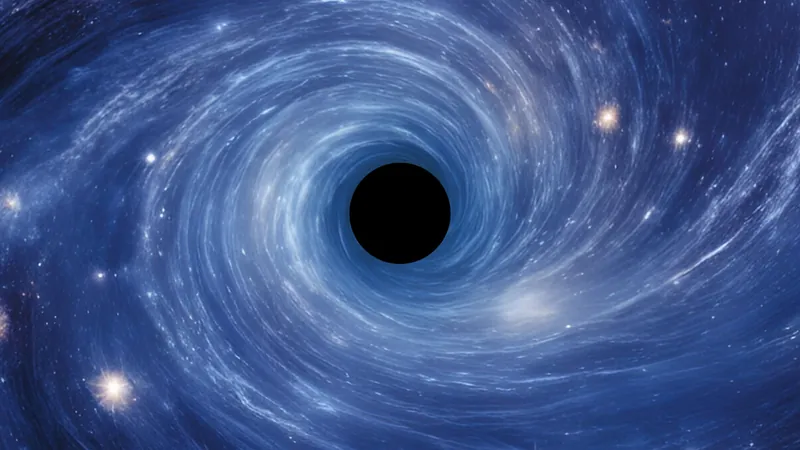
The Anthropocene: A New Geological Epoch? Experts Push for Official Recognition
2025-03-25
Author: Mei
The Anthropocene: A New Geological Epoch?
In a groundbreaking push for acknowledgment, several scientists argue that the Anthropocene, the proposed epoch characterized by significant human impact on the Earth, deserves official recognition. While atmospheric chemist Paul Crutzen and biologist Eugene Stoermer first introduced the term in 2000, the International Union of Geological Sciences (IUGS) rejected it last year as the current geological epoch.
Many experts believe that the profound changes humans have enacted on the planet warrant a reconsideration of this status. The authors of a recent commentary highlight two main criticisms against the Anthropocene's recognition: its relatively brief timeline of only 72 years and the notion that future human influence cannot be predicated upon current actions.
However, the authors contend that the sheer scale of changes in just a few decades renders these points moot. Since the mid-20th century, energy consumption has surged sixfold compared to the preceding 11,700 years. This unparalleled acceleration has led to rising global temperatures, altering everything from ocean levels to biodiversity—changes that could prove permanent and irreversible. The dramatic environmental shifts indicate that Earth has indeed transitioned into a new epoch, they argue.
Additionally, some stratigraphers contend that naming an epoch after human activity injects politics into geology. However, the authors counter that disregarding legitimate data to maintain established norms is equally political. They emphasize that the debate about the Anthropocene should not be concluded simply because the IUGS has instated a moratorium on further discussions for another decade. In their view, the question remains open: Are we living in the Anthropocene?
Experts across disciplines, from climate science to geology, are increasingly joining the conversation, questioning how best to reflect humanity's monumental impact on the Earth. As the world grapples with climate change, biodiversity loss, and ecological crises, the discourse surrounding the Anthropocene invites urgent attention. Calls for formal recognition of this epoch might not just reflect scientific findings but also humanity's growing responsibility to steward the planet for future generations.
The question now is whether the IUGS—and indeed the global scientific community—will actively engage with these insights or remain entrenched in tradition as the environmental clock continues to tick.

 Brasil (PT)
Brasil (PT)
 Canada (EN)
Canada (EN)
 Chile (ES)
Chile (ES)
 Česko (CS)
Česko (CS)
 대한민국 (KO)
대한민국 (KO)
 España (ES)
España (ES)
 France (FR)
France (FR)
 Hong Kong (EN)
Hong Kong (EN)
 Italia (IT)
Italia (IT)
 日本 (JA)
日本 (JA)
 Magyarország (HU)
Magyarország (HU)
 Norge (NO)
Norge (NO)
 Polska (PL)
Polska (PL)
 Schweiz (DE)
Schweiz (DE)
 Singapore (EN)
Singapore (EN)
 Sverige (SV)
Sverige (SV)
 Suomi (FI)
Suomi (FI)
 Türkiye (TR)
Türkiye (TR)
 الإمارات العربية المتحدة (AR)
الإمارات العربية المتحدة (AR)